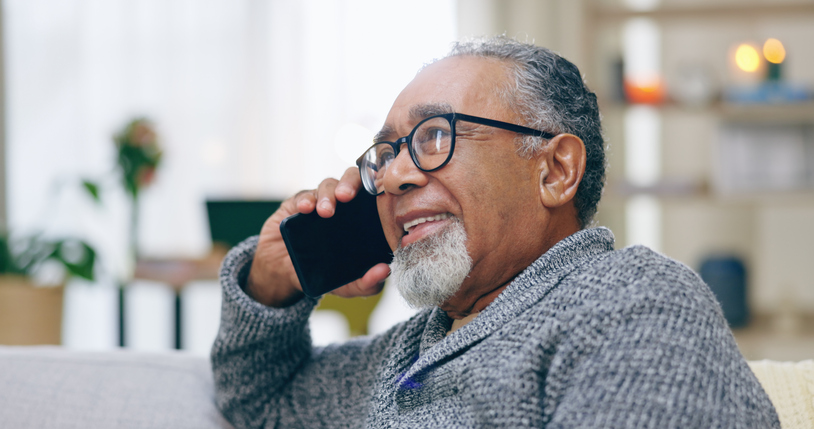Side-effects from radiotherapy to the head and neck area
Radiotherapy to the head and neck can cause side-effects in the area, such as a sore mouth, jaw stiffness, or changes in taste.
Sore mouth and throat
Radiotherapy to the mouth area can cause a sore mouth and throat, because the cells that line these areas are very sensitive to treatment.
Your mouth and throat will most likely become red and sore, and mouth ulcers may develop (mucositis). Sometimes eating food may become difficult and swallowing painful. Your voice may also become hoarse.
Let your doctor or nurse know as soon as possible if these side-effects happen. You will be prescribed painkillers if you need them.
Your doctor or dietitian will advise you on how to change your diet to make eating more comfortable.
It's important that you keep your teeth, gums and mouth very clean, as this will help to control the soreness and reduce the risk of a mouth or throat infection.
Taste changes
Radiotherapy can affect the taste buds in your mouth. You may find that food tastes bland, salty, metallic or like cardboard. If this happens, you may lose interest in food. If your appetite is poor, ask your nurse or radiation therapist to refer you to a dietitian who will check your weight and give you further advice. Your taste and appetite should improve once treatment has ended.
Difficulty with eating and drinking
Radiotherapy to your neck, may cause difficulty with swallowing. The discomfort will usually ease 5 to 8 weeks after you finish treatment.
Weight loss
If you continue to lose weight because you have difficulty in eating, you may need to be fed in another way. This may mean that you need to spend a short time in hospital. Liquid food can be given into a vein (intravenously) or by a tube into your stomach called a PEG tube, until you can eat properly again.
If you have any difficulty eating or drinking, talk to your doctor, radiation therapist or nurse as soon as possible. They can give you simple advice on how to solve the problem, the best foods to eat or what to gargle with.
Dry mouth
You may notice that your mouth and throat feel dry all the time. This is because radiotherapy can cause the salivary glands to make less saliva (spit) than usual. You may also find that saliva can become thick and stringy, making swallowing and speech a little difficult too. The medical name for dry mouth is xerostomia ("zero-sto-mee-a").
The dryness may improve with time but it can be permanent.
It may be helpful to sip cool drinks during the day and use sauces or gravy to make food moist and easier to swallow. Keep your lips moist with aqueous cream.
There are also many types of artificial saliva products available which help to keep your mouth moist. Sugar-free chewing gum can help to stimulate saliva.
Take care of your teeth
Your teeth will be more at risk of decay because of the lack of saliva.
Avoid sucking sweets when your mouth feels dry as it increases your risk of both tooth decay and a fungal infection called thrush. It is better to drink water or chew sugar-free chewing gum.
You will usually be asked to put fluoride gel on your teeth every day to help prevent decay. After radiotherapy, you will need to have regular dental check-ups (every 4–6 months).
We have tips to help with a dry mouth and other mouth problems.
Tips to help
We have advice to help you cope with eating difficulties and other side-effects
Sticky mucus
You may find that you have a lot of sticky mucus in your throat. If the mucus turns green or yellow, tell your doctor. It may need to be treated with medication.
Jaw stiffness
Sometimes radiation to your head and neck can cause a stiffness in certain facial muscles. This is called trismus. The stiffness can reduce your mouth opening.
You will be shown some simple mouth-opening exercises that should be done at least twice every day to keep your mouth as flexible as possible.
Hair loss (alopecia)
Radiotherapy can cause hair loss, but only in the area being treated. Most hair loss is temporary and will start to grow back within 2 to 3 months of finishing treatment. But hair loss in the treatment area can be permanent, depending on the radiation dose.
Read more about hair loss
Voice changes
Radiotherapy to your neck, in particular your larynx, may cause the sound of your voice to change or you may lose your voice for a while.
If you have a voice prosthesis or you're using an electrolarynx,
you may notice that the quality of your voice is poor. This common side-effect of treatment is temporary. Your speech and language therapist will explain it in more detail.



Talk to a Cancer Nurse

Support Line
Our Daffodil Centres

